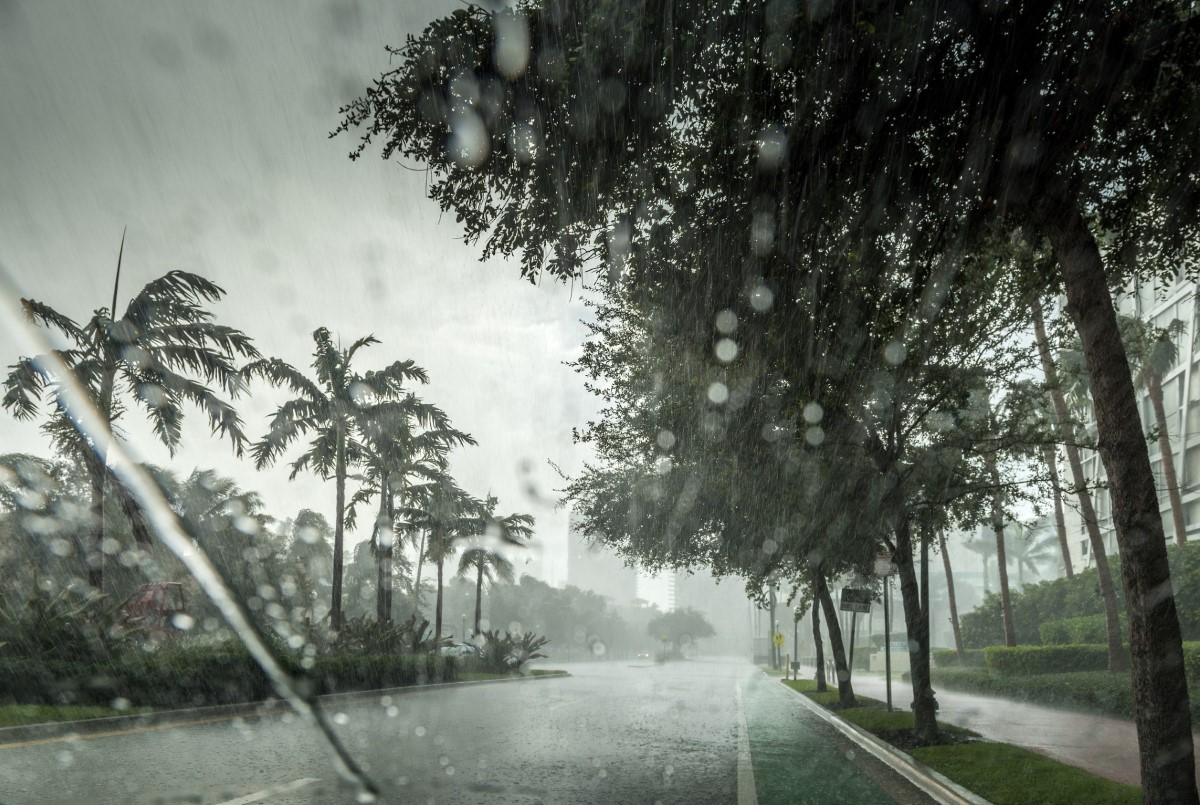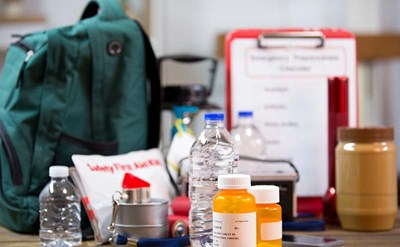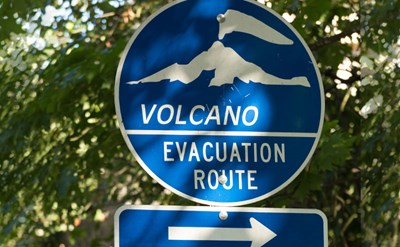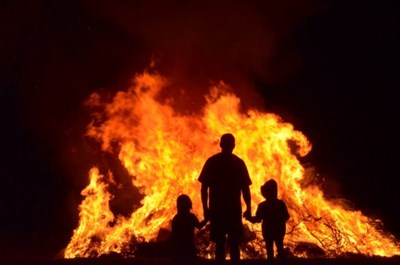The Atlantic hurricane season began on June 1, and Americans in the southern Atlantic Ocean region, the Caribbean Sea, the Gulf of Mexico and the eastern Pacific Ocean, are particularly vulnerable.
The US National Oceanic and Atmospheric Administration is forecasting an above-normal number of hurricanes between June and November.
Emergency physicians want you and your loved ones to be prepared for hurricane season with these tips.
To prepare:
- Assemble a disaster supply kit that includes such items as a home first aid kit, extra set of car keys, credit card and one change of clothing per person.
- Keep on hand a three-day supply of bottled water (one gallon per person, per day), canned foods and blankets or sleeping bags in case you need to evacuate.
- Keep a battery-powered radio and flashlight in your home, with spare batteries; in a disaster situation, listen to your local radio and TV stations for updates and follow all instructions.
- Conduct a household inventory. Have a detailed visual or written record of all your possessions, including model and serial numbers.
- Store important documents in a safe deposit box away from your home. Keep valuables and copies of important papers in an evacuation box that includes health information, such as prescription medications; copies of prescriptions and children's immunization records; lists of allergies; list of emergency numbers, including telephone numbers of physicians; extra pairs of eye glasses; and a first-aid manual.
- Plan to secure your property either with storm shutters of plywood. Tape is not effective in preventing windows from breaking.
- Conduct family emergency drills. Identify places to meet in case of emergency and know the location of and safest route to emergency shelters. Show each family member how and when to turn off water, gas and electricity. Post emergency numbers on telephones.
- Secure and make provisions for pets, or bring along pet supplies if you are evacuating your pets with you. (Remember that shelters can’t take pets during hurricanes and other disasters.)
- Take first aid and CPR classes. Learning these skills and being prepared can save a life.
In the event of a hurricane:
- Pay attention to local weather reports on television, radio or the Internet for the latest weather conditions and safety instructions. Be ready to evacuate.
- Keep a full tank of gas in your car and have cash on hand in case the power goes out and credit cards and ATM machines can’t be used.
- Turn off any propane tanks.
- Fill the bathtub or other large containers with water to use to flush toilets, if needed.
- Evacuate when called upon to do so. Secure your home by unplugging appliances and electrical equipment, and take your disaster supply kit, including your battery-powered radio, with you.
After a hurricane:
- Do not return to a hurricane-damaged or flooded home or local area until local authorities tell you it is safe to do so.
- Avoid downed power lines; they carry the risk of electric shock or electrocution.
- Stay away from flooded areas. The flooding may have weakened roads and bridges, leaving them in danger of collapse. Downed power lines, fallen trees, disabled vehicles and building debris may present dangers; buildings may be unstable or uninhabitable and drinking water may not be safe.
- Watch for animals that may have sought refuge in unusual places, including your home—do not try to rescue them. Do not touch dead animals, which can cause disease. If you pick through debris, watch for poisonous snakes.
- Do not re-enter your home if you smell gas or you see damage to electrical wiring or water and sewer systems or to the roof or foundation. Do not turn on the lights until you know it is safe to do so.
- Be prepared to live elsewhere, using the supplies from your disaster supply kit, for at least several days, and exercise caution and good judgment in your decision-making about whether or not to return home.
ACEP also encourages you to develop a family disaster preparedness plan using the ACEP Family Disaster Preparedness Booklet. Some information from this booklet was extracted from the Family Readiness Kit, developed by the Federal Emergency Management Agency (FEMA) and organizations including ACEP, as well as from the U.S. Government’s Homeland Security Department and the Centers for Disease Control and Prevention.
 American College of Emergency Physicians
American College of Emergency Physicians







